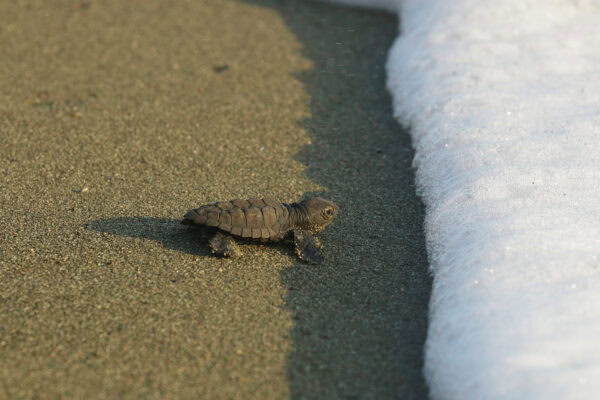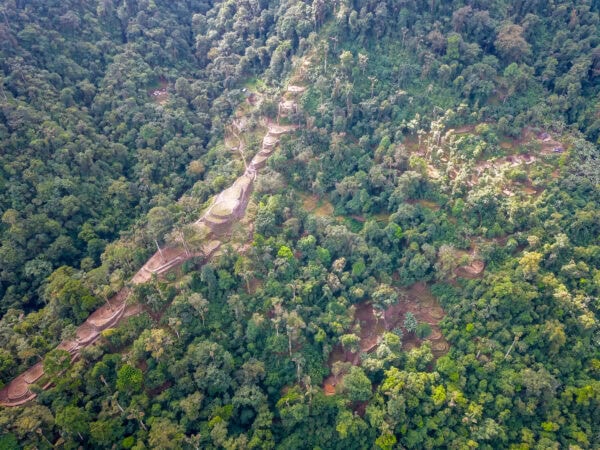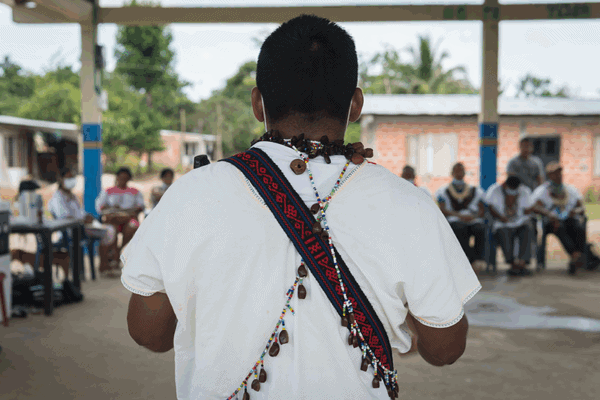Editorial by ACT Co-Founder Liliana Madrigal
This Holy Week, the most important time of year in the Christian calendar, we contemplate death and resurrection. These rites echo the ceremonies of the ancient world, which celebrated the yearly rebirth of the cosmos each spring.
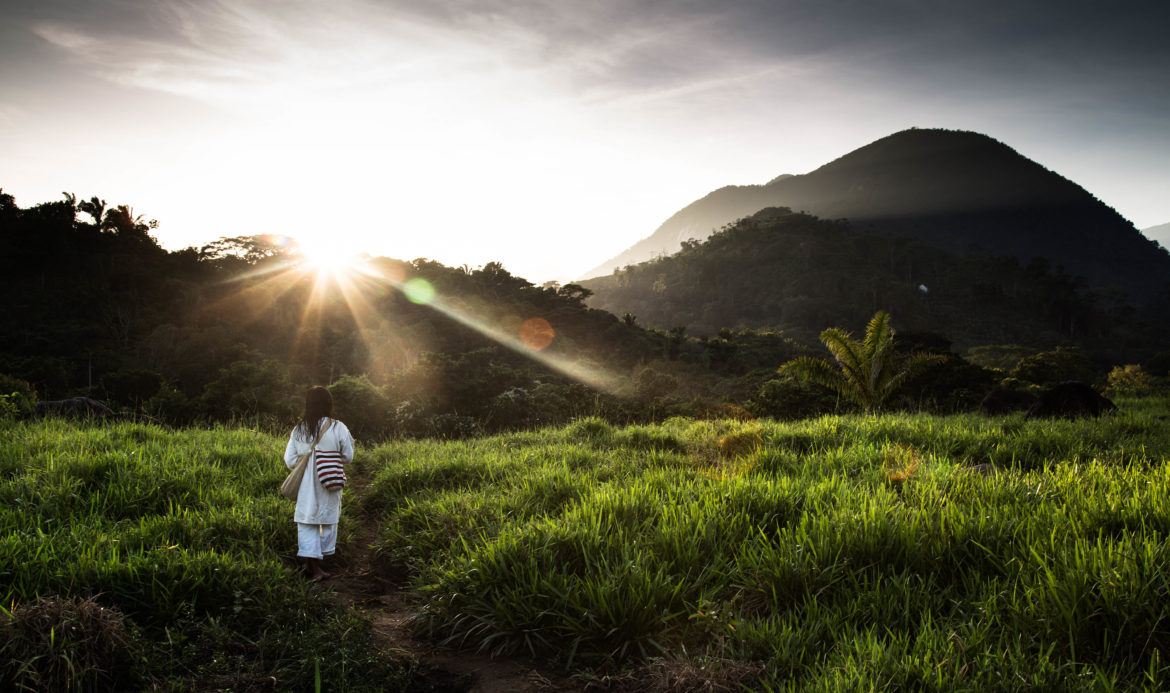
This week, we sit isolated in the grip of a global pandemic, contemplating the currents of arrogance, greed, and imbalance that carried us to this crossroads of human history. We don’t know what will happen to our human societies, but there are rumors that the natural world is thriving: birds heard singing on the freeways, mountain lions seen strolling through suburban neighborhoods, the once-murky sky over cities glowing as blue as sapphires. When we turn off the engines of progress for just a few short weeks, beauty and grace come bounding back into our lives.
These signs tell us that resurrection is a phenomena as real as the return of spring. Nature has the power to heal itself, and not only when we get out of its way, for sometimes humans can partner with nature in beneficial ways. In the spirit of Holy Week we want to share a story of renewal so breathtaking that it seems miraculous.
The place is along the northeast coast of Colombia, where immense coastal mountains rise out of the Caribbean. The people are the Kogi, a group of indigenous people who have managed to retain many of their pre-Columbian traditions. Around four hundred years ago, the ancestors of the Kogi fled for their lives from invading colonial settlers and retreated high into the mountains. They lost their sacred sites; they lost the routes of pilgrimage that encircled the mountains; and most importantly, they lost easy access to their Mother, the sea, from whose shores they gathered material and spiritual offerings essential to maintaining the harmony of their human and natural worlds.
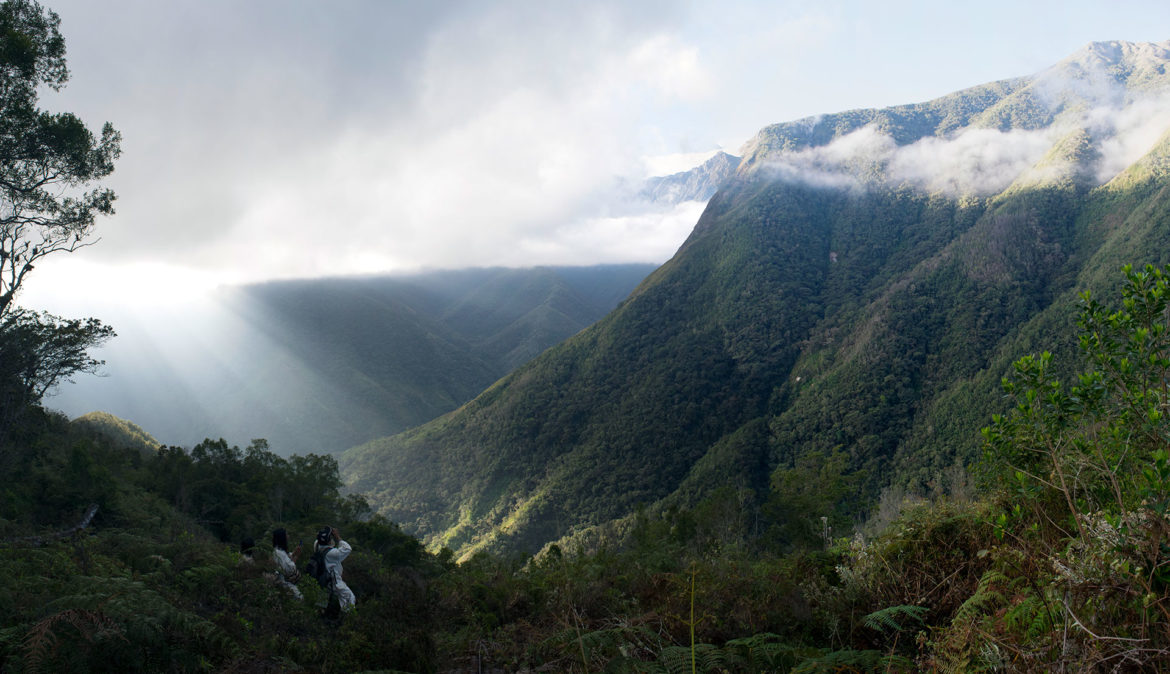
In 2010 the Kogi asked us to partner with them in their quest to acquire and protect one of their most significant sacred sites, along the mouth of the Jerez River. This small piece of land was a burned-out dump, filled with plastic debris, old mattresses, and rotting cardboard. It stank from filthy marshes that bred multitudes of vicious mosquitos. No wildlife, only a few cows and noisy jays. The river that flowed into the sea was vile and polluted. Yet the Kogi elders, the “mamos”, insisted that this place was indeed sacred.
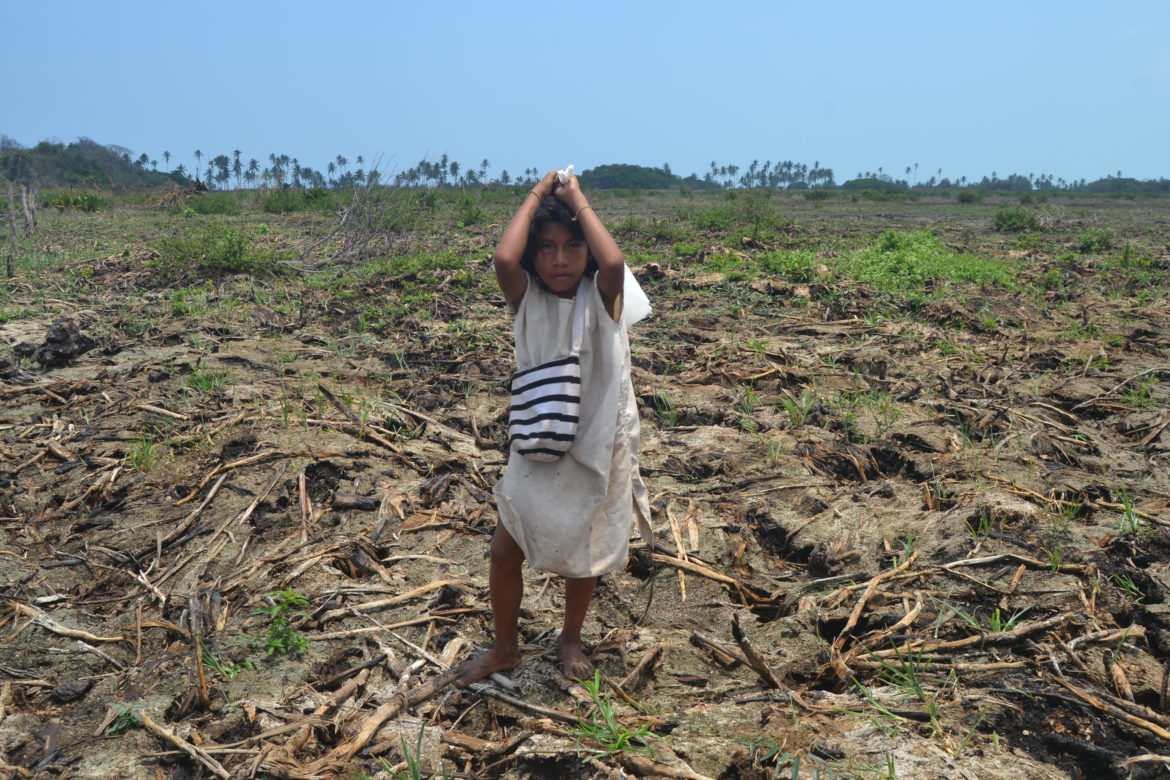
Through a series of unique circumstances, and the support of a few visionaries, we were able to purchase the land and secure its title for the Kogi in 2013. They named the site “Jaba Tañiwashkaka” and got to work. They cleared tons of trash from the land and its beaches. They planted mangroves to filter the water. They protected the nests of creatures so they could reproduce.
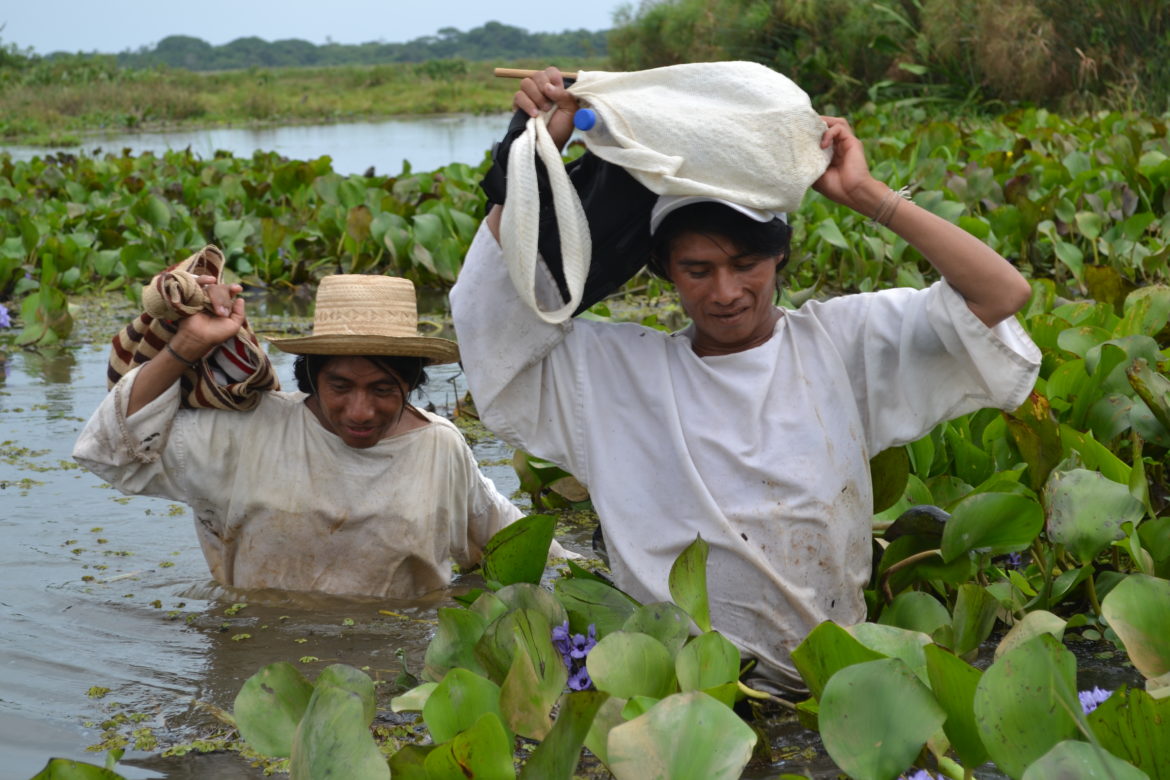
But parallel to that work, the Kogi also made offerings to the visible and invisible beings of the land as an integral part of its restoration. The spiritual tasks of paying attention, and of acknowledging all that lives in Jaba, seemed to revive its life force. Crabs, caiman, and capibara returned to the land. The soil grew rich. Vegetation sprouted. The marshes smelled sweet again and a beautiful lagoon filled with fish.
Jaba was once abandoned and stripped of all meaning. Now, it is restored. For the Kogi, this is reciprocity. If we can give nature our hands and our hearts, nature flourishes and gives us what we need to survive. Beauty and grace come bounding back.
The sacred worlds of the Kogi are invisible to us, so we may doubt they are anything but a cultural delusion. But COVID-19 is infinitesimally small, and though it too is invisible, the virus has the power to kill. As we stay sheltered in place while this disease rampages around us, let us remember the resilience of nature. The future does not need to be dark, if we can learn to care for each other and the world around us.
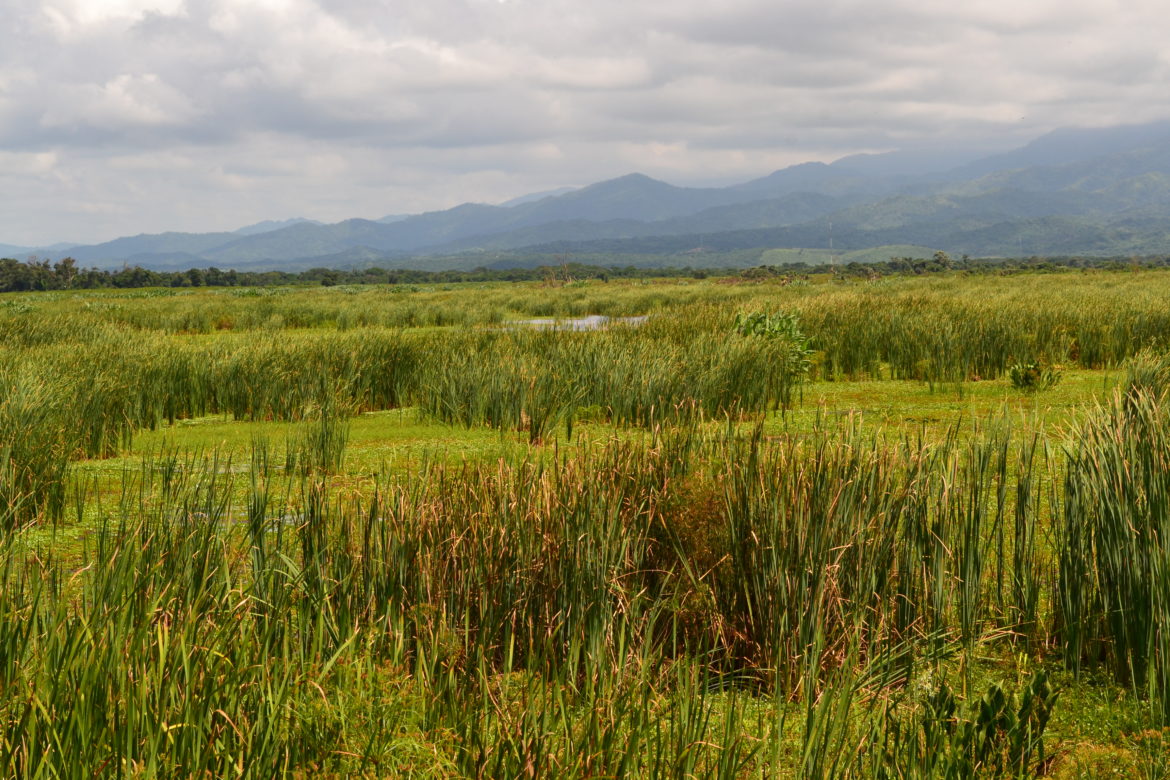
Share this post
Bring awareness to our projects and mission by sharing this post with your friends.


